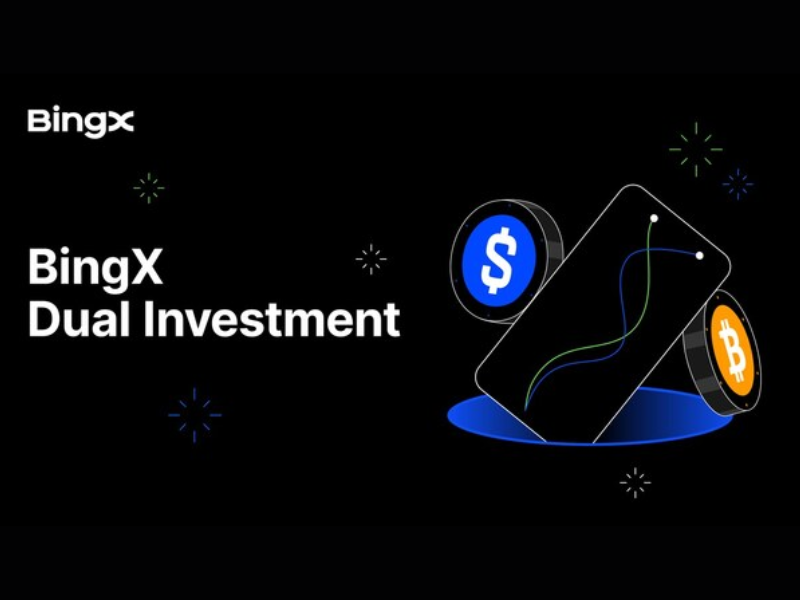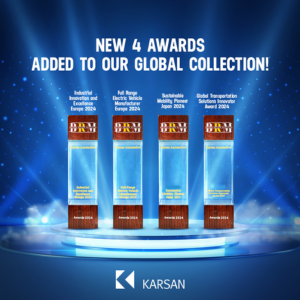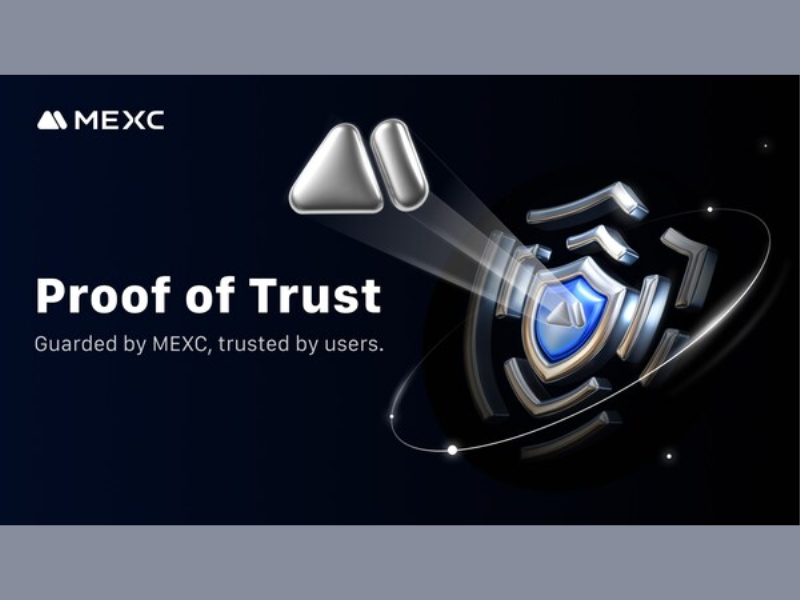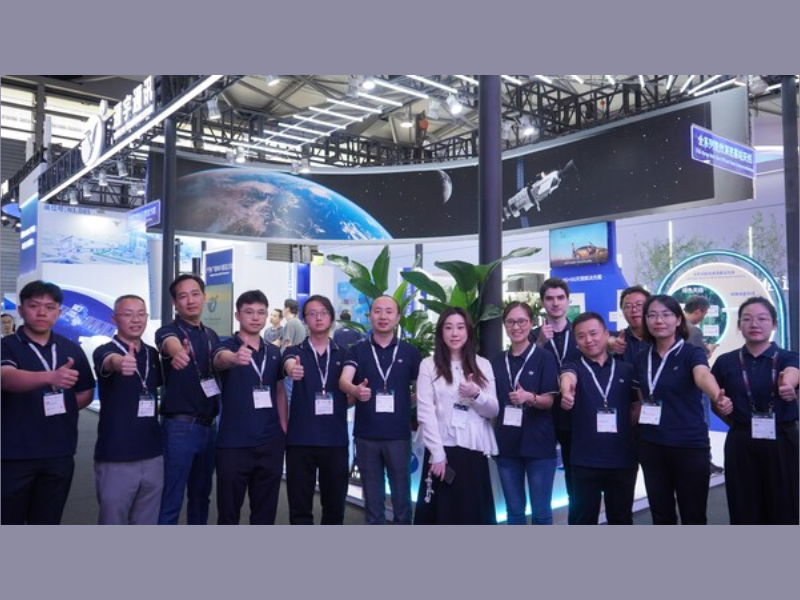FLINTpro, a nature analytics platform that provides compliance and financial risk assessment solutions for companies regulated by climate protocols, has launched RegIQ as its flagship product. FLINTpro’s ReqIQ, is the product that is capable of measuring greenhouse gas emissions (GHG), deforestation, and biodiversity risk across all value chains, enabling corporations and investors to make informed decisions regarding commercial impact on nature.
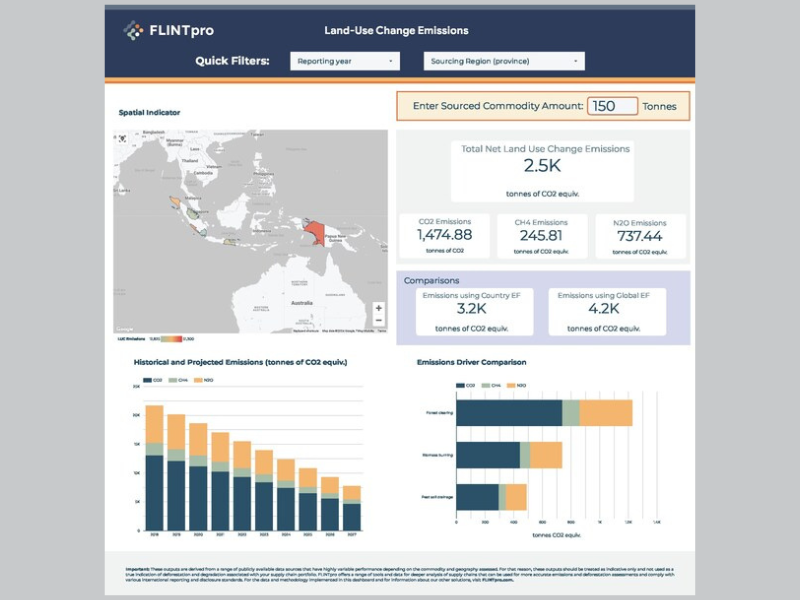
Compliance With Environmental Land Use Regulations
RegIQ is the latest offering in FLINTpro’s industry-leading lineup of data analytics products, developed from extensive expertise in serving sophisticated climate clients. Built from the Advanced Analytics product, which was created by their leading scientists with over two decades of experience studying deforestation, RegIQ leverages integrated global nature data and proprietary modeling capabilities for risk reviews and assessments. Featuring benchmarks for informed decision-making, RegIQ enables clients to produce and validate reporting with transparent methodologies and risk ratings, addressing both current and upcoming regulations as well as voluntary commitments.
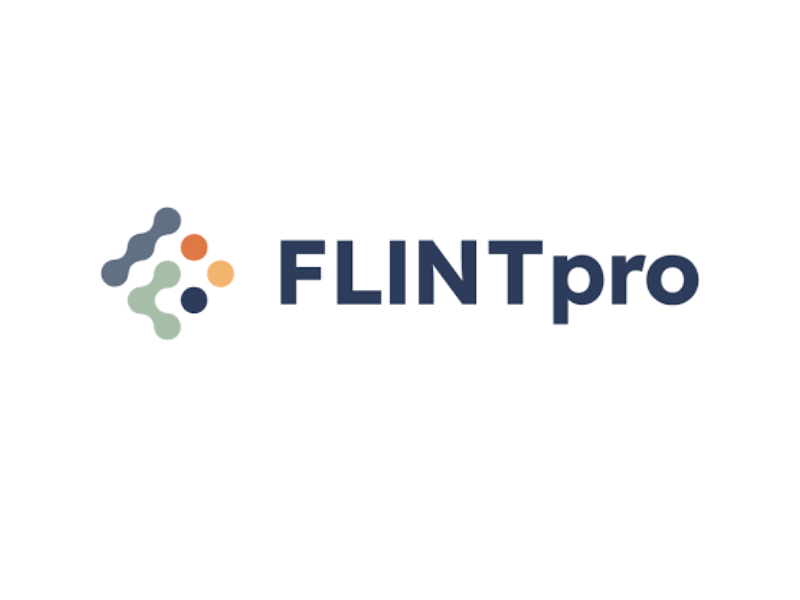
“Evaluating climate risk has become critical for a variety of stakeholders, including corporations and investors that continue to drive economic growth through land use and development and the consulting firms that support them,” said Tina Morris, CEO of FLINTpro. “Through RegIQ, FLINTpro offers unparalleled value in understanding risks and empowering decision-makers to implement solutions and interventions across value chains using our curated global data and analytics.”

Image taken from Flintpro website
According to the World Resources Institute, seven commodities are responsible for the vast majority of commerce’s impact on nature, most notably through deforestation. Cattle, oil palm, soy, cocoa, rubber, coffee and plantation wood fiber production are responsible for 20% of global carbon emissions. In spite of decades of voluntary global commitments by corporations and investors, nearly 6 million hectares (14,800 square miles, or 38,300 square km – roughly the size of Switzerland) of forests are lost annually to development and agriculture. In response, the EU Parliament passed the European Deforestation Regulation (EUDR,) which requires that supply chains for imported goods sourced from wood, rubber, palm oil, soy, cattle, coffee and cocoa be free from deforestation. In addition to EUDR, other Scope 3 emissions standards and reporting frameworks include the Corporate Sustainability Reporting Directive (CSRD), the Taskforce on Nature-related Financial Disclosures (TNFD), the Partnership for Carbon Accounting Financials (PCAF) and the Task Force on Climate-related Financial Disclosures (TCFD).
FLINTpro RegIQ offers a diverse set of target modules for clients in need of prioritization of value chain operations including:
- Deforestation: providing steps to comply with EUDR with screenings for deforestation, jurisdictional risk ratings, and assessments for improved data collection for high-risk areas.
- Land Use Emissions: calculates land use changes following GHG Protocol and IPCC guidelines.
- Biodiversity: provides detailed, location-specific terrestrial metrics to quantify risk in line with the Taskforce on Nature-related Financial Disclosures (TNFD).
.
Interested to know more about similar news or products by companies in the same industry? Then please visit:
Sunny Solutions: How Solar Power is Transforming the Future
NASA launches Small Climate Satellite to study Earth’s Poles
Beazley and Arbol Alliance launch Parametric Climate Risk Mgmt. Product
Aimpoint Research and CamoAg partner to bring Farmer of the Future to Digital Intelligence Platform


